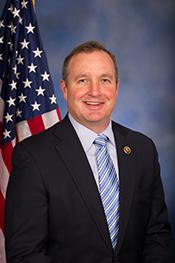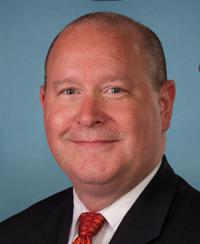0
Elimination of Future Technology Delays Act of 2023
12/15/2023, 3:54 PM
Summary of Bill HR 1158
One of the key provisions of the bill is the establishment of a Technology Approval Board, which will be responsible for reviewing and approving new technologies for use by government agencies. The board will be composed of experts in technology and innovation, as well as representatives from relevant government agencies. The board will work to ensure that new technologies are thoroughly evaluated for their potential benefits and risks, and that they are implemented in a way that maximizes their impact.
In addition to the Technology Approval Board, the bill also includes provisions for the establishment of technology pilot programs, which will allow government agencies to test new technologies on a small scale before fully implementing them. This will help to identify any potential issues or challenges with the technology before it is rolled out on a larger scale, reducing the risk of delays or setbacks. Overall, the Elimination of Future Technology Delays Act of 2023 is aimed at modernizing and streamlining the process for adopting new technologies within government agencies. By reducing bureaucratic hurdles and implementing new processes for evaluating and testing technologies, the bill seeks to ensure that government agencies are able to take advantage of the latest innovations in a timely and efficient manner.
Congressional Summary of HR 1158
Elimination of Future Technology Delays Act of 2023
This bill establishes new requirements for the Environmental Protection Agency (EPA) when it makes certain determinations under the Toxic Substance Control Act (TSCA) related to chemical substances that are considered to be a critical energy resource (i.e., any energy resource that is essential to the U.S. energy sector and energy systems and has a vulnerable supply chain).
Currently, under TSCA, manufacturers and processors of chemical substances must notify the EPA before manufacturing a new chemical substance or before manufacturing or processing a substance for a significant new use. The EPA must review such notices and provide a determination on the substance or significant new use.
Under the bill, the EPA must consider economic, societal, and environmental costs and benefits when making determinations on notices for (1) new chemical substances that are considered to be a critical energy resource, or (2) significant new uses for such chemicals.
If the EPA fails to make a determination by the end of the applicable review period and the submitter has not withdrawn the notice, the submitter may proceed in manufacturing or processing the substance. Applicable fees must not be refunded if a submitter proceeds with manufacturing or processing.
The EPA may suggest the withdrawal of a notice for a chemical substance that is a critical energy resource, or request a suspension of the review period, if the EPA has conducted a preliminary review of the notice and provided a draft of determination to the submitter.




